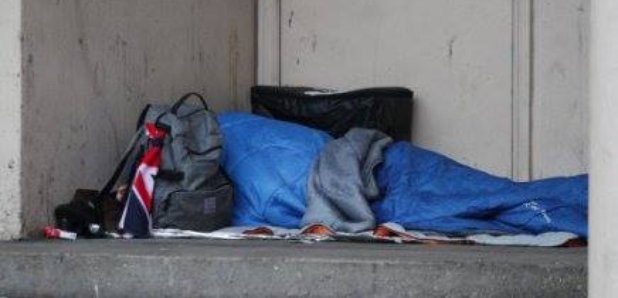Calls For Investigation Into Oxford Rough Sleeper Deaths
21 February 2019, 14:57 | Updated: 21 February 2019, 15:26

Oxford city council's called for a review into five recent deaths of rough sleepers.
It's asked the Oxfordshire Safeguarding Adults Board (OSAB) to consider undertaking an independent investigation of the recent deaths of rough sleepers and people in supported accommodation in Oxford.
The council is referring details to OSAB of five people who have died since the beginning of December.
On 2 December a 37 year old man died in McDonalds in Cornmarket, and four days later a 36 year old man was found dead on Hythe Bridge Street. There were two deaths in Rough Sleeper Initiative funded projects, a 44 year old woman who died on 21 January followed by a 50 year old man who died on 29 January.
A man in his sixties was also found in St Frideswide churchyard and died on 5 February.
All five were rough sleeping or believed to be rough sleeping, or had a history of rough sleeping but had available accommodation in supported housing at the time of their death.
Recent government statistics show the average age of death for a homeless person is 44 for men and 42 for women, compared with 76 and 81 in the general population.
The council has asked OSAB to consider holding a Safeguarding Adults Review (SAR) in the first instance. This multi-agency process considers whether serious harm experienced by an adult or group of adults with care and support needs was due to abuse or neglect and whether this could have been predicted or prevented.
The council says it expects OSAB's SAR subgroup to make recommendations on how to proceed with the investigation at its March meeting.
Councillor Linda Smith, Deputy Leader of Oxford City Council and Board Member for Leisure and Housing, said:
"We share the public's sadness and concern at the recent unexplained deaths of rough sleepers and people who had experienced homelessness, which is why we are asking the OSAB for their help in conducting an independent investigation.
"We want to establish whether these tragic deaths could have been prevented and to learn any necessary lessons that might help prevent others dying in future."






















